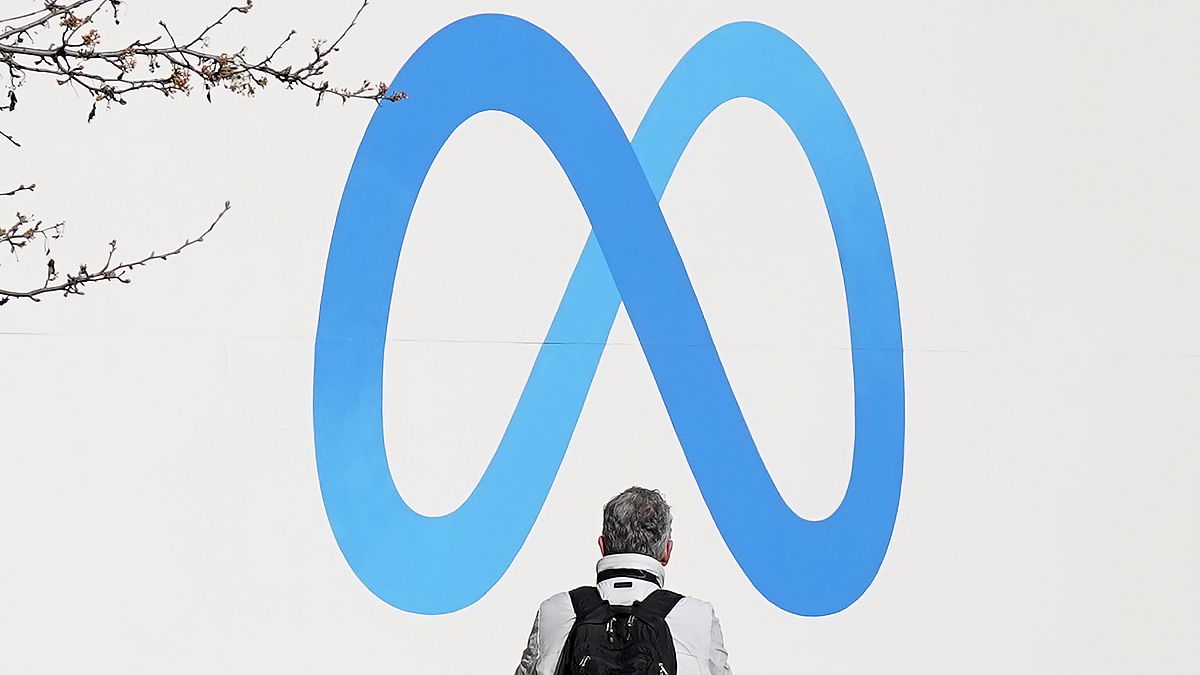The European Commission is probing the US social media giant regarding potential breaches of EU consumer law.
Tech giant Meta was warned by consumer protection authorities on Monday over a 2023 switch under which users had to pay to avoid targeted ads.
European consumers were "misled," "confused" and "pressured" by the sudden implementation of “pay or consent,” which charges users to opt out of data processing, said the Consumer Protection Cooperation Network.
The network, a grouping of the authorities responsible for enforcing EU consumer protection laws, made the allegations in a letter addressed to the parent company of Facebook, Instagram, and WhatsApp.
That adds to a slew of criticism of the US company’s practices.
Activists have argued "pay or consent" infringes the right to online privacy, and earlier this month, the European Commission stated that Meta’s "pay or consent" advertising model fails to comply with the Digital Markets Act (DMA) and, in parallel, initiated an inquiry for non-compliance with the Digital Services Act (DSA).
National probes have also been launched in Ireland, the site of the company’s EU headquarters.
The network specifically accuses Meta of not adhering to European consumer protection laws, saying the company’s interface complicated understanding of the Terms of Service, generating confusion over what data use customers were consenting to.
Offering users an immediate ultimatum added to the pressure, and the offer may have been misleading, as Meta wrongly implied no adverts would be displayed to paying users, the network said.
Matt Pollard, Policy Communications Manager at Meta, told Euronews that "subscriptions as an alternative to advertising are a well-established business model across many industries."
"Subscription for no ads follows the direction of the highest court in Europe and we are confident it complies with European regulation," Pollard added.
Meta has until 1 September to respond to the letter, and could face sanctions if wrongdoing is found and no adequate solutions implemented.















